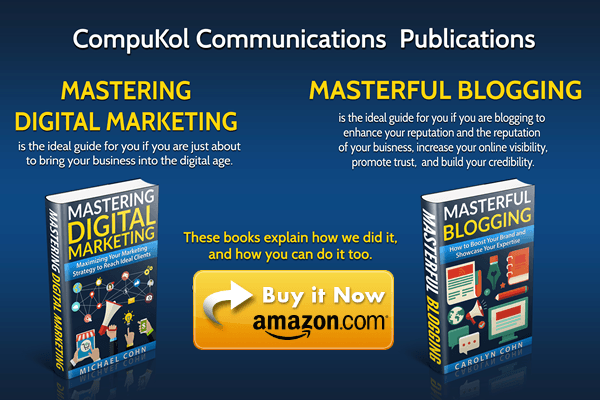Using Rhetorical Questions to Communicate Effectively in Business

There is a great deal of value in rhetorical questions. Those are questions that don’t actually require (or expect) answers. The reason that they don’t require answers is that everyone already knows what the answer to those questions is. It is safe to assume that the person who is asking the rhetorical question already knows (and has prepared for) the answer and the actions that go along with the answer.
The value of the rhetorical question
The first (and, perhaps, most obvious) value of a rhetorical question is that it easily places the concept in the most effective manner possible. In other words, it plants the seed of the concept of that question in the minds of anyone who is listening or reading.
Another value that a rhetorical question has is that it communicates the intent of the person who is sharing the content (in essence, you). Using a rhetorical question as a tool in that way makes it very simple for you to get your point across quickly. The rhetorical question can open up all sorts of doors to other thoughts and concepts that are significant for you and that really adds value to what you are sharing with your target audience. The question can lead the way to whatever you want your audience to understand clearly.
By posing a rhetorical question, you may be trying to establish concurrence between your target audience and you. It isn’t just about an agreement. It is a way to get the person who is sharing the content and the person who is absorbing the content to recognize that they share the same values, thoughts, feelings, and concerns. The one thing that you want to remember when it comes to rhetorical questions is that not only do you not require an answer to the question but you really don’t want one either.
The second type of rhetorical question
We have just finished explaining rhetorical questions that don’t have answers (because they are not necessary or desired). Well, there is another type of rhetorical question that actually has an appropriate answer that the person who asks the question will answer. That type of rhetorical question serves the same purpose of gaining the attention of the reader/listener but then it goes one step further and provides an answer as well. That one step further allows the question poser to get a slightly greater amount of satisfaction than the rhetorical question that possibly leaves something lingering with less closure.
Whether you choose to use one kind of rhetorical question or the other, it is an effective tool that will help you to engage your audience and keep them coming back for more. Using rhetorical questions will help you to get your point across in an effective manner and it will help you to share information that is valuable and helps other business people to apply what they have learned to their own businesses, no matter what those businesses do, in a way that allows them to bring those businesses to the next level.
Conclusion
Using rhetorical questions in your content is an effective approach as long as you don’t use an overabundance of them. You will want to strike a balance that allows your target audience members to think creatively and to successfully apply what you are sharing to their own businesses in a way that helps them to achieve greater success.
Your use of rhetorical questions can engage your audience effectively and it will make them want to keep coming back for more from you. The use of rhetorical questions can be a very effective communication tool and it allows you to control (to an extent) the way in which your target audience thinks. Rhetorical questions guide the content and successfully allow your concepts to move smoothly and reach their logical conclusions.
We are pleased to provide you with the insightful comments contained herein. For a complimentary assessment of your online presence, let’s have coffee.

|




